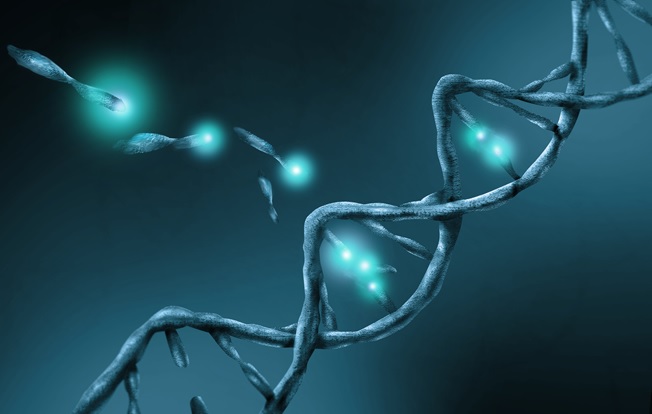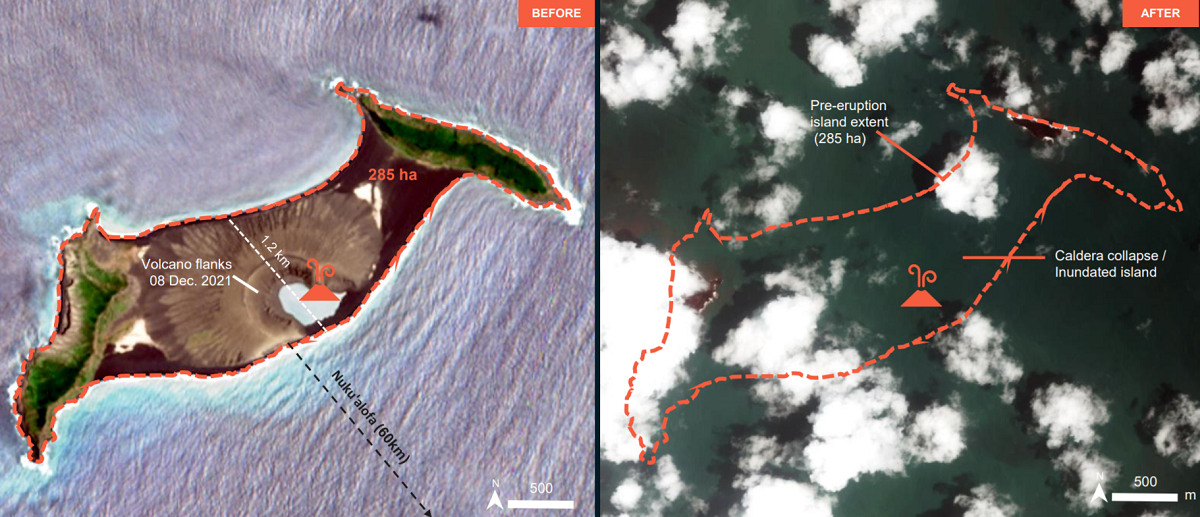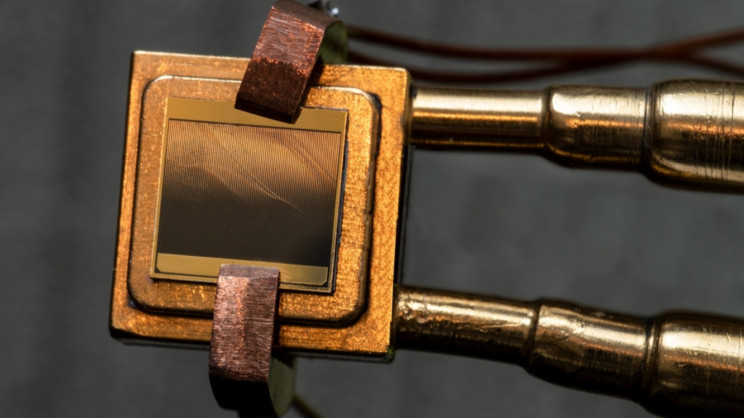AMSBIO has announced the launch of its new cfPure™ Cell Free DNA Purification Kit for scalable and automation-friendly isolation of circulating cell-free DNA (cfDNA) from patient serum or plasma samples.
Circulating cfDNA is normally comprised of DNA fragments from healthy cells. However, apoptotic cells, necrotic cells, cancer cells, and intact cells all release cfDNA into the bloodstream. In addition, fetal cfDNA can be isolated from peripheral maternal blood. The utility and value of using cfDNA from serum and plasma for non-invasive molecular diagnostics is illustrated by the use of fetal cfDNA – obtained from a simple maternal blood draw – for fetal sex determination and prenatal diagnosis of chromosomal aneuploidy and many other genetic disorders.
Recently, DNA shed from tumor cells has been identified as a non-invasive method of screening biomarkers for the early diagnosis and prognosis of cancer. This method, sometimes called “liquid biopsy,” can provide guidance for treatment decisions, and can enable monitoring of cancer therapy, and organism-wide screening for the presence of nascent metastatic tumors in drug-treated cancer patients. Circulating cfDNA is easily collected by standard, minimally invasive blood draws. Compared with the sampling of DNA from FFPE tumor specimens, cfDNA can provide superior real-time data on primary and metastatic tumors, and offers the potential to analyze biomarkers for mutational information.
Since cfDNA is found at very low concentrations and in a fragmented state, very efficient DNA capture is necessary to provide sensitive and reliable results.
The AMSBIO cfPure™ DNA Extraction Kit provides an automation-friendly method to obtain maximal cfDNA recovery from various specimen types, including fresh or frozen serum or plasma, as well as plasma from blood collected in Streck Cell-Free DNA collection tubes. The cfPure™ system uses silica-coated paramagnetic particles to purify cfDNA from less than 1 mL to greater than 10 mL of serum or plasma. The kit’s optimized buffers ensure very efficient recovery of cfDNA fragments in the size range 100 – 500 bp. Recovered DNA is suitable for a wide range of downstream applications, including bisulfite sequencing, NGS, and qPCR.







